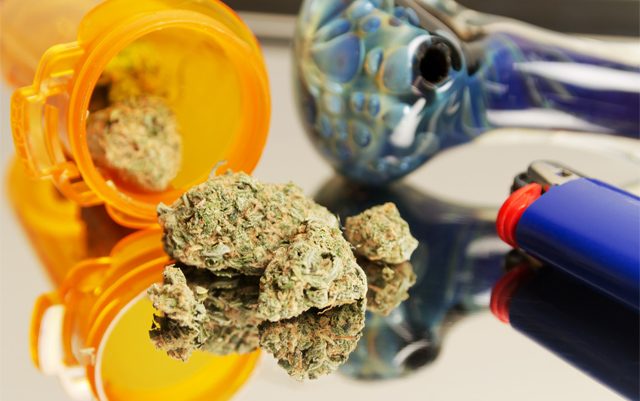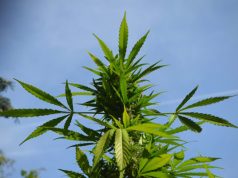Those who follow my writing here at The Marijuana Times or watch/listen to me on Cannabis News know that one of the themes I talk about a lot is the “mainstreaming” or “normalization” of cannabis. The process of getting cannabis to the point in the zeitgeist that most will hardly notice it or, if they do, not think much about it. The example I often use is seeing someone drinking a beer in a movie versus seeing someone smoking a joint. Most people are likely to remember the latter over the former.
But I’m not just talking about pop culture; I’m also talking about mainstream, popular media. When an older person walks by a magazine stand in the local drug store and sees a big pot leaf on the cover of Time or Newsweek magazine, it gets them a little more used to the idea that marijuana is now a part of mainstream culture and not just some fringe issue touted by hippies and burnouts.
Of course, as the Internet has grown to dominate communication and discourse, old mainstream media outlets have flocked there while a new mainstream has grown straight out of the digital age. One of the websites that has come to dominate that “new mainstream” group is WebMD.com, one of the 500 most-visited websites in the world. It’s a place where many will go to self-diagnose whatever ailment they’re feeling at the time. Many millions also get their health news from WebMD.
Which is why a recent study published on WebMD about senior citizens and medical cannabis is so important to the normalization of cannabis. From the article:
In a new survey, those who turned to it [cannabis] for treating chronic pain reported it reduced pain and decreased the need for opioid painkillers.
Nine out of 10 liked it so much they said they’d recommend medical pot to others.
“I was on Percocet and replaced it with medical marijuana. Thank you, thank you, thank you,” said one senior.
“The impact of medical marijuana was overwhelmingly positive. Medical marijuana led them to taking less medications overall — opioids and non-opioids — and they had better function and better quality of life,” said Dr. Diana Martins-Welch, a co-author of the study.
Marijuana is no longer a fringe issue; it is being taken seriously as a medical option by more people every day. One day people will look back and wonder why marijuana was ever made illegal in the first place. That’s the world activists all over the planet are working toward.






